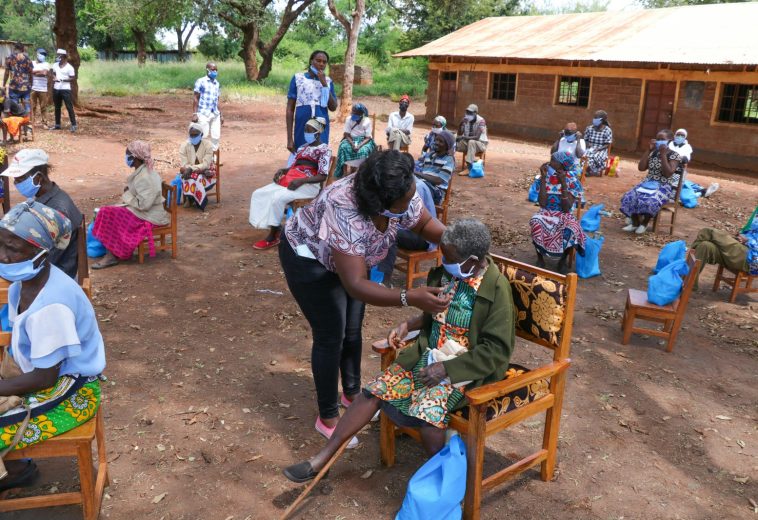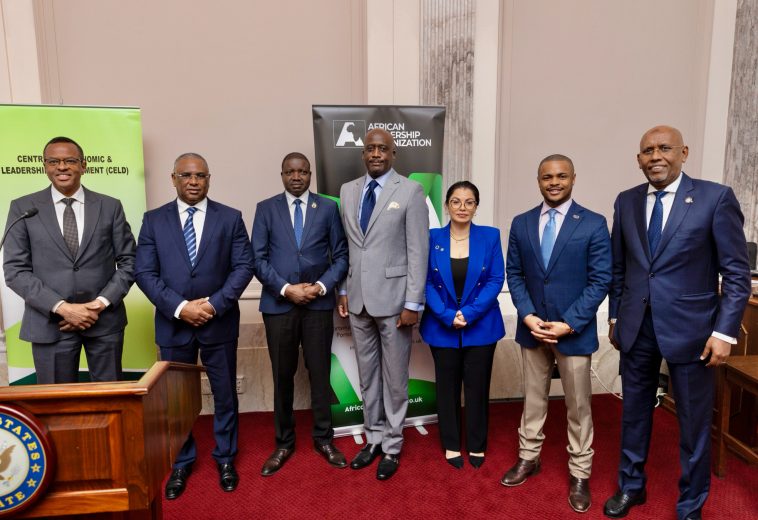Africa is a continent full of potential and abundant with resources, but it also faces a challenging and exciting environment. African countries now rely heavily on diplomacy and multilateralism to negotiate this environment, promote collaboration, and address common problems. This article discusses the essence of these practices in the African context, exploring their successes, the hurdles they encounter, and the promising future they hold.
Multilateralism refers to the practice of countries working together through international institutions and agreements. This translates to regional organizations like the African Union (AU) and the Economic Community of West African States (ECOWAS) playing a central role in peacebuilding, economic development, and conflict resolution. Diplomacy, on the other hand, is the art of conducting international relations peacefully, often through negotiation and dialogue. African nations utilize bilateral diplomacy (between two countries) and multilateral diplomacy (involving multiple countries) to address issues ranging from trade agreements to border disputes.
The history of African multilateralism boasts several triumphs. The AU, for instance, has played a vital role in mediating conflicts in countries like South Sudan and Burundi. Regional economic blocs like the Southern African Development Community (SADC) have facilitated trade and fostered economic integration. Multilateral efforts have also been instrumental in tackling public health crises like the Ebola outbreak in West Africa, with coordinated responses proving far more effective than isolated actions.
Diplomacy has also yielded positive results. The African Peer Review Mechanism, a brainchild of the AU, utilizes peer pressure and dialogue to promote good governance within member states. Additionally, successful bilateral diplomacy has led to the resolution of border disputes and the establishment of strategic partnerships between African nations and international actors.
Despite these successes, the path of African multilateralism and diplomacy is fraught with challenges. One major hurdle is the sheer diversity of the continent. With 54 countries, each with distinct political systems, economic priorities, and cultural nuances, reaching a consensus can be a time-consuming and arduous process. Additionally, the legacy of colonialism has sometimes cast a shadow, with historical rivalries and external interference hindering genuine cooperation.
Furthermore, the effectiveness of regional institutions can be hampered by issues like resource constraints and limited enforcement mechanisms. This can lead to situations where agreements are reached but implementation proves difficult. Similarly, bilateral diplomacy can be stymied by internal political instability within member states, making it difficult to maintain a consistent foreign policy.
Despite the challenges, the future of African multilateralism and diplomacy holds immense promise. The continent is experiencing rapid economic growth and a growing youth population, fostering a sense of optimism and pan-Africanism. This can fuel a renewed commitment to regional cooperation and a stronger voice for Africa on the global stage.
READ ALSO: Security and Economy: How helpful is the US in Sudan?
To further strengthen these practices, several key areas require focus. First, fostering a culture of dialogue and mutual respect within regional bodies is crucial. Second, strengthening the financial and institutional capacity of African institutions will allow them to function more effectively. Additionally, promoting citizen participation in shaping foreign policy will ensure it reflects the needs and aspirations of the African people.
Multilateralism and diplomacy are not silver bullets, but they offer powerful tools for African nations to navigate the complexities of the 21st century. By fostering cooperation, tackling shared challenges, and learning from their experiences, African nations can build a more prosperous, peaceful, and influential continent. As Nelson Mandela aptly stated, “No one is born hating another person because of the color of his skin, background, or religion. People must learn to hate, and if they can learn to hate, they can be taught to love, for love comes more naturally to the human heart than its opposite.” Through continued multilateral efforts and diplomatic engagement, Africa can not only overcome its challenges but also inspire the world with its spirit of unity and cooperation.


